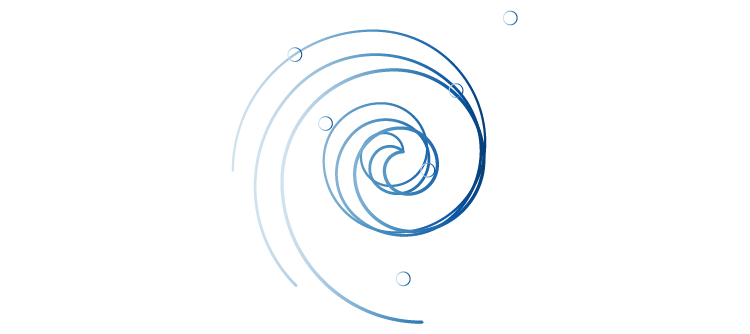“Teaching kids to count is fine, but teaching them what counts is best.”
-Bob Talbert
Schools are starting for the semester across the country, whether it is kindergarten or college. And it is with a mix of trepidation and excitement that the students head off on this adventure, a blend of emotions that the adults feel equally as we send our kids out to be educated and enculturated.
My mother was an educator, and she always believed that school should never interfere with my education. I was encouraged to be curious, to collect bugs and rocks and facts and ideas as part of my ongoing explorations that continue to this day.
More and more over the past few decades we have moved to hammering on kids to get them to pass exams that are rarely reflective of what they have learned, but rather what they can regurgitate upon command at one particular point in time. There is not nearly the developing of understanding of the subject matter and being able to integrate it into a greater knowledge base with experience, actual learning so that the youngsters can THINK.
Play is the oldest form of learning, whether it is kittens learning to pounce on string or kids playing house and emulating the big people. The rough and tumble wrestling of little boys and the building with blocks and dress up that leads to space princesses versus pirate zombies or whatever they come up with at the moment. This is learning to create boundaries with creativity, what their bodies are capable of, acquiring new knowledge and skills, and all within the shifting roles of their imagined society that reflects the greater culture while learning to play well with others. If you were to draw up a long-term curriculum for success, active interactive play would be the overarching constant because it is by far the most effective teaching mechanism for the criteria of success.
Let the kids play.
Give them a snack when they get home and kick them outside for an hour before they sit down to do the homework that is as inevitable as laundry for adults.
Have them interact with friends face to face and hand to hand, building and knocking stuff down, maybe even each other. It will make them physically stronger and their friendships stronger too in addition to developing resilience.
Have them blow off some of the excess energy from sitting still all day by running around and looking at clouds and bugs and chasing each other in games of tag with ever shifting rules and teams and objectives, just like they will have to in the workplace later but with no bosses or stakes other than bragging rights for the next few minutes until they are onto the next adventure.
Let kids be kids so that they can be better people and great adults.
